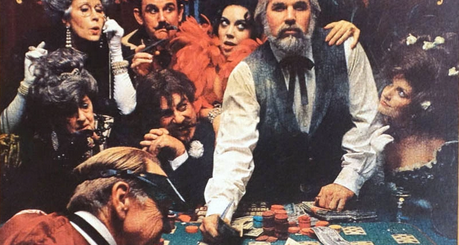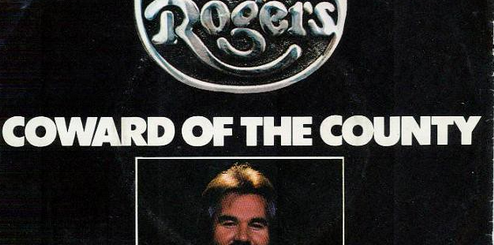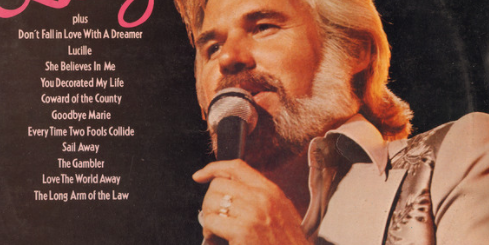“Ruby, Don’t Take Your Love to Town” by Kenny Rogers & The First Edition
This is one of Kenny Rogers’ storytelling classics as well as one of the tracks which marked his initial transition into country music. But with that being established, the titular Ruby is actually the addressee and the significant other of the singer. And as the title indicates, the vocalist is entreating her not to “take her love to town”.
In order for the listener to fully understand what’s going on, the proper premise needs to be set. The singer is actually a veteran who has been severely wounded on the battlefield. As such, he cannot be with Ruby the way he wants to be, and vice versa. So basically, she is entertaining other men. That is the implication of her ‘going to town’. And due to his disability, the singer, even though he is fully aware of what’s going on, is powerless, even in the most-basic way, to stop her.
So the sentiments being expressed are really-sad from the singer’s perspective. For he felt he was fulfilling his “patriotic duty” by participating in “that old crazy Asian war”. But in the aftermath he is now left unappreciated, even by the person he depends on the most.
The song ends on somewhat of a dark note, with the vocalist actually fantasizing about taking Ruby’s life. But overall, more than anything he just wants her to “turn around” and love him instead.
Facts about “Ruby, Don’t Take Your Love To Town”
This is the title track of the fourth album that The First Edition, a band that was eventually fronted by Kenny Rogers, put out. The official release date of the song, via Reprise Records, was 1 January 1969.
However, they are not the first ones to release it. Waylon Jennings did so in 1966, and a country singer named Johnny Darnell came out with a notably-successful rendition in 1967. And other artists – including Mel Tillis, the writer of the song – had also dropped their own versions prior to The First Edition.
Tillis wrote this track about a couple which he knew personally. And although, being released in the late 1960s, Rogers had asserted it is set in the Korean War. According to him, the person whom Tillis wrote it about was actually a World War II vet.
The First Edition’s rendition, which was produced by Jimmy Bowen, proved to be the most-successful of all of the 20th century versions of this song. It charted in many places. In Britain and America, it was a top 10 hit.
Rogers also re-recorded this song as a soloist in 1977 as part of his “Ten Years of Gold” project.
“Ruby, Don’t Take Your Love to Town” has been largely interpreted as an anti-war song. Such sentiment was at its peak in America during the late-1960s, as the highly-controversial Vietnam War was still ongoing.
The First Edition’s cover of “Ruby, Don’t Take Your Love to Town” proved popular enough to produce a couple of answer songs. The first one was by Geraldine Stevens (aka Dodie Stevens) and entitled “Billy, I’ve Got to Go to Town” (1969).
And as the title implies, it is relayed from the perspective of Ruby herself. Then in 1972 Bobby Womack dropped a track called Ruby Dean, in which he took on the character of Ruby’s son.








